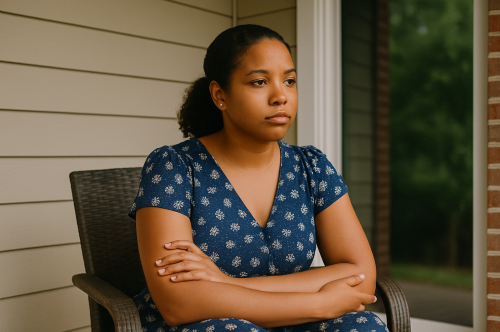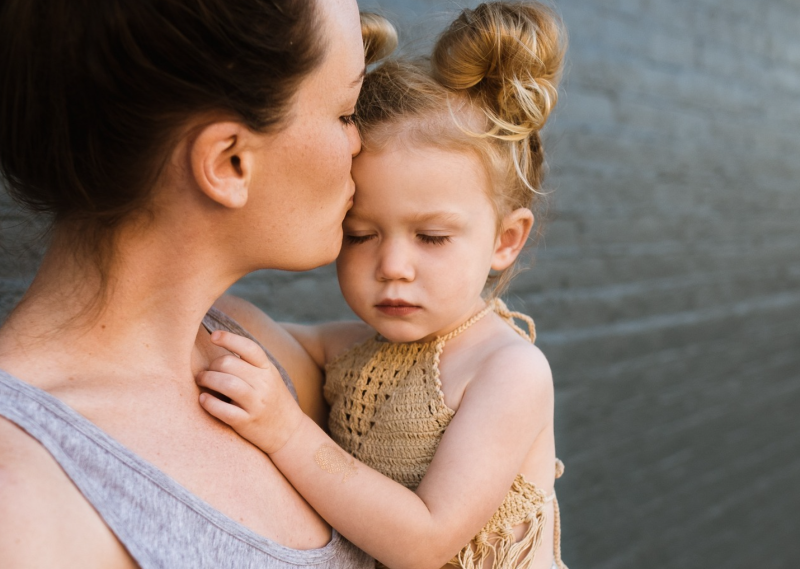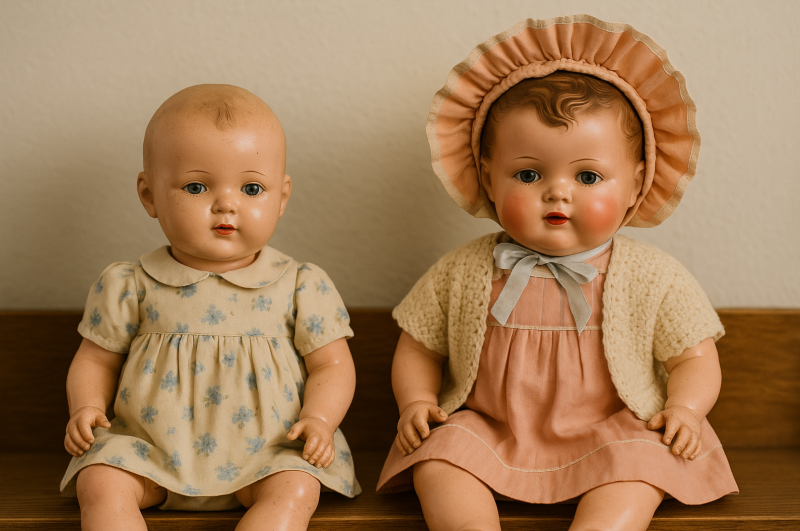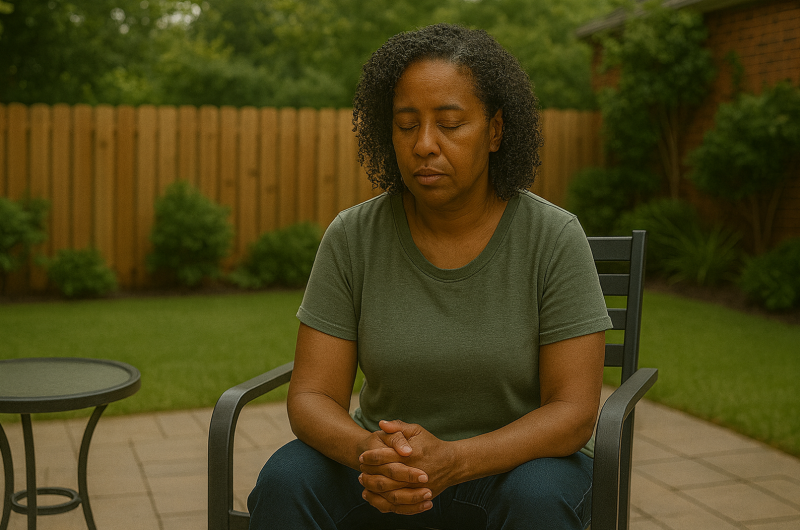
Do you feel guilt for living differently than your family did? Explore the quiet emotions that come with changing paths and how to honor your truth with care.
By Sergio Toledo
Editor-in-Chief, Heed to Heal
Introduction
There’s a certain kind of guilt that doesn’t always have words. It shows up in quiet moments—when you choose a different path, a new lifestyle, or a softer rhythm than the one you were raised in. You’re not trying to reject your family’s way of life, but your choices still feel like a quiet departure from the familiar.
Maybe you moved away from your hometown. Maybe you work differently, love differently, or simply carry values that weren’t spoken about when you were growing up. And even if your life feels more aligned with who you are now, a part of you might still wonder if you’re being ungrateful for stepping in a different direction.
When Change Feels like Betrayal
Living differently doesn’t always feel like a conscious rebellion. Often, it’s something that unfolds naturally over time. You grow, learn new things, and start to make choices based on your own needs rather than inherited expectations. But when those choices don’t reflect the life your parents or relatives lived, it can feel uncomfortable.
This discomfort doesn’t mean you’re ashamed of who you come from. It means you’re sensitive to the connection you still have. You might feel torn between honoring your roots and honoring yourself. There’s grief in that space—a quiet kind that often goes unspoken.
The Expectations You Carry without Realizing
Many families have unspoken rules or ideas about what a “good” life looks like. Maybe it’s working long hours, staying close to home, going to church, getting married young, or raising children a certain way. Even if these expectations were never said out loud, you may have internalized them early on.
Living outside of those norms can trigger self-doubt. You might question whether you’re being too selfish, too distant, or too different. But often, this isn’t about doing something wrong—it’s about doing something unfamiliar. And unfamiliar can feel threatening to the people who love you, even if they don’t say it directly.
What the Guilt Might Be Trying to Tell You
That quiet guilt isn’t always about what you’ve done. Sometimes, it’s about a fear of being misunderstood. You want your family to see that you’re still connected to them, even if you’ve made different choices. You want your decisions to be seen as growth, not rejection.
Here are a few deeper feelings that guilt can sometimes disguise:
- A longing for acceptance from the people who raised you
- Fear of appearing ungrateful or distant
- A desire to belong to both your past and your present
- Worry that you’ll never fully bridge the gap between where you came from and where you are now
Acknowledging these feelings is not the same as acting on them. It simply gives them space to soften and shift.
Honoring Where You Come from without Losing Yourself
It’s possible to hold gratitude for your family while living in a way they never imagined. You don’t have to erase your past to build something new. You can carry the good forward while also creating space for what fits you now.
Talk about your life when you can, even if it feels vulnerable. Let them see you, not just from a distance, but with context. And if those conversations never come easily, you can still choose to live fully without guilt being your constant companion.
You are allowed to build a life that makes sense to you. You are allowed to break patterns without breaking connection. And you are allowed to feel peace, even if others don’t fully understand it yet.
References
- Mahalingam, R. (2006). Cultural psychology and marginality: The case of cultural homelessness. International Journal of Intercultural Relations, 30(1), 29–47.
- Manago, A. M. (2014). Connecting societal change to cultural development: Emerging adulthood in urban China. Human Development, 57(4), 241–265.
- American Psychological Association. (2021). Family and identity: Understanding generational conflict and growth.
- hooks, bell. (2000). All About Love: New Visions. William Morrow.
Originally published by Heed to Heal, 09.02.2025, under the terms of a Creative Commons Attribution-NonCommercial-NoDerivatives 4.0 International license.







